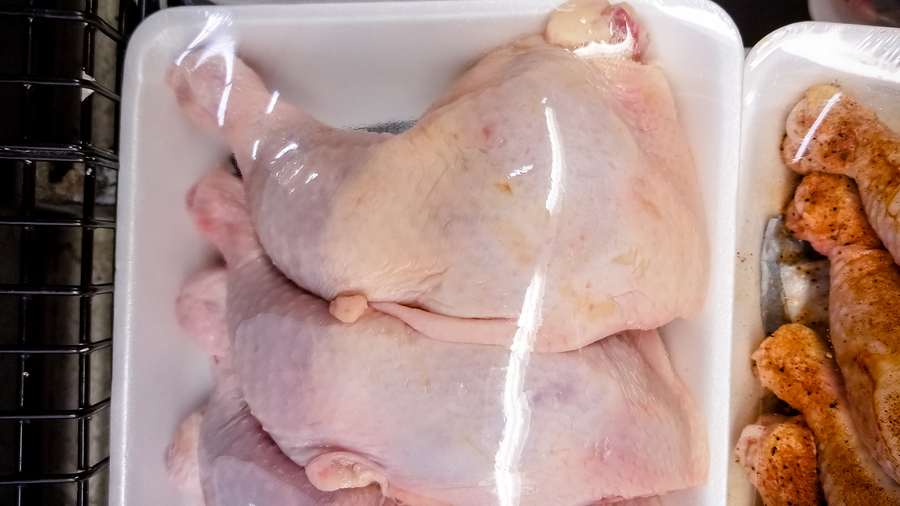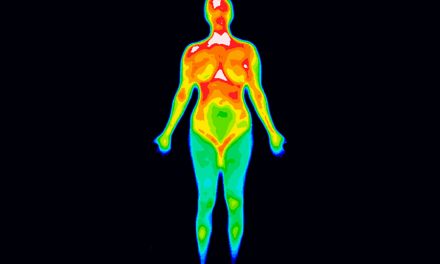(Editor’s Note: Germanwatch is a non-profit, non-governmental organization based in Bonn, Germany. It seeks to influence public policy on trade, the environment, and relations between countries in the industrialized north and underdeveloped south.)
RELATED STORY:
In April, Germanwatch called for a ban “on the use of the most important antibiotics for humans in poultry, a levy on all other antibiotics in animal husbandry as well laws for better animal welfare on the farm,”1 after a study of Berlin chicken meat from Lidl, Netto, Real, Aldi, and Penny revealed that:
- 56 percent of tested chickens contained resistant pathogens
- and every third chicken contained some bacteria resistant to antibiotics of the highest priority for humans
- none of the slaughterhouses offered consistently unpolluted chicken meat
- the samples came from the four highest-grossing slaughterhouse groups in the chicken meat sector: the PHW Group, the Sprehe Group, Plukon Germany and the Rothkötter Group
Since 2011, Germany has halved their use of antibiotics and yet, they still use more than twice as many antibiotics- per kilogram of livestock- than Denmark, Great Britain or Austria.
“In addition, Germanwatch conducted eleven test purchases at farm slaughterhouses from all over Germany. Here, only one chicken meat sample was found to contain one MRSA germ (9 percent). No resistant pathogens were detected in the six organic chicken meat samples from artisanal slaughter. These sampling results point in the same positive direction as the representative monitors of the Federal Office of Consumer Protection (BVL), who also found significantly lower antimicrobial resistance on broiler chickens from organic farms.”
(If you are going to eat meat, it’s always best to eat organic over conventional.)
Reinhild Benning, agricultural expert at Germanwatch said, “Our samples show alarmingly high chicken meat resistance rates, suggesting that the federal government has failed to combat antibiotic resistance from factory farming.” 1 He went on to say, “The Federal Government has a special responsibility not only for the health of its own population, but also beyond Germany, and in the past year alone almost one million tonnes of chicken meat were exported. The poultry meat industry is also exporting antibiotic resistance and related health risks, not least to countries with very weak health systems.” (He gets it.)
RELATED STORY:
According to the WHO, every year about 700,000 people worldwide die from infections that are no longer helped by antibiotics.
Germanwatch would also like to see that labels indicate the “form of keeping” indicated on the package so that consumers can avoid meat from industrial livestock.
Dr. Gerd Ludwig Meyer, a specialist in internal medicine in Nienburg / Weser, said, “Resistance rates will only drop when the federal government finally complies with its duty of care and prohibits veterinarians from compensating for the consequences of catastrophic housing conditions and turbo-breeding in the production of cheap meat and cheap milk by prescribing antibiotics.”
That’s a statement we can get behind.
SOURCE:












